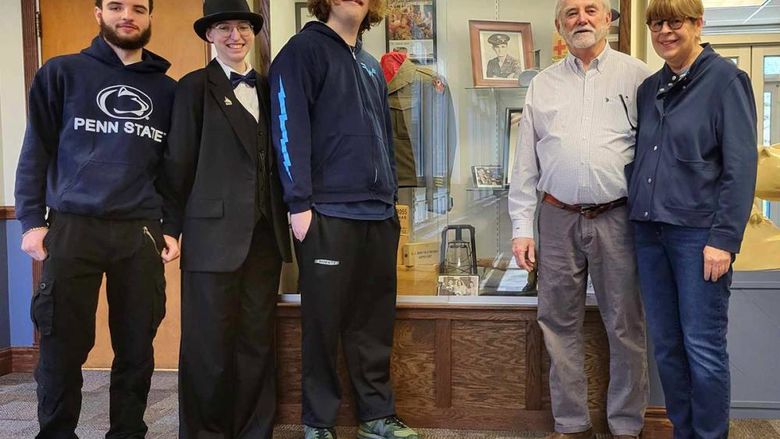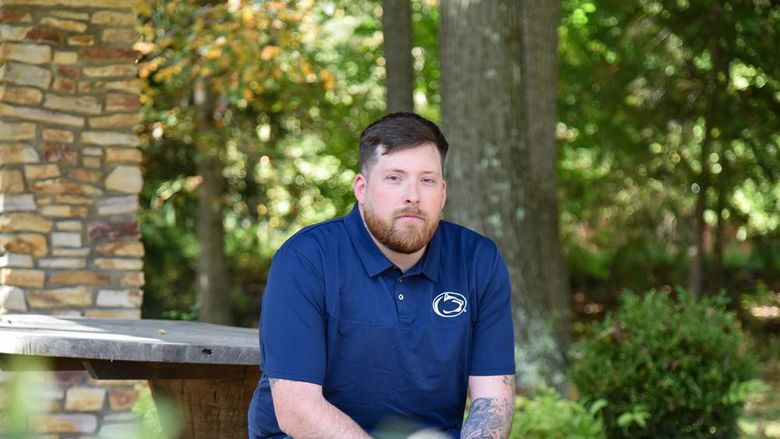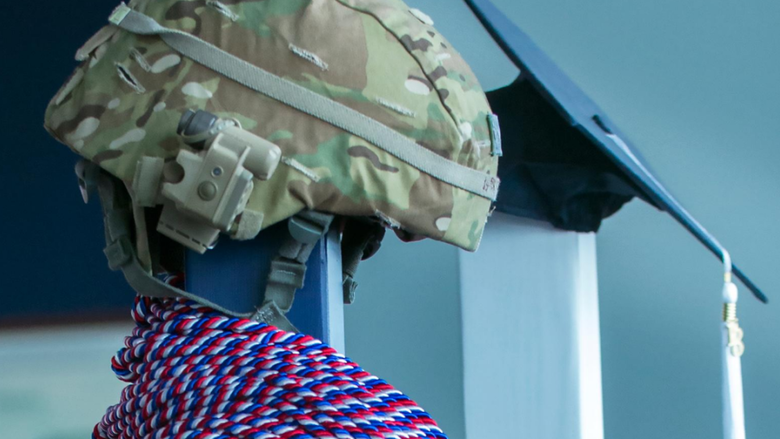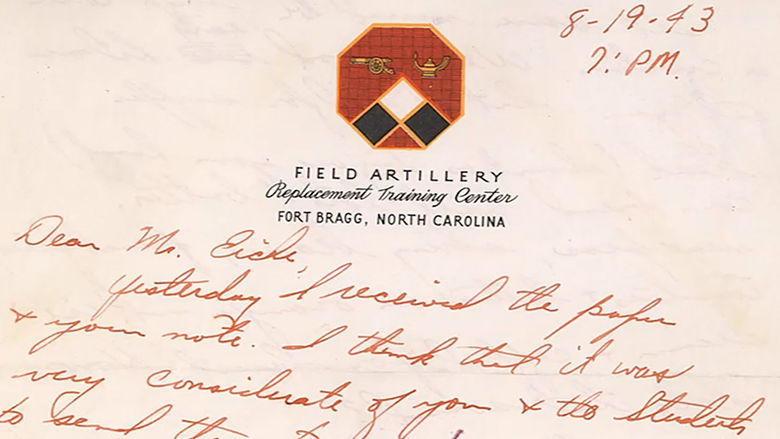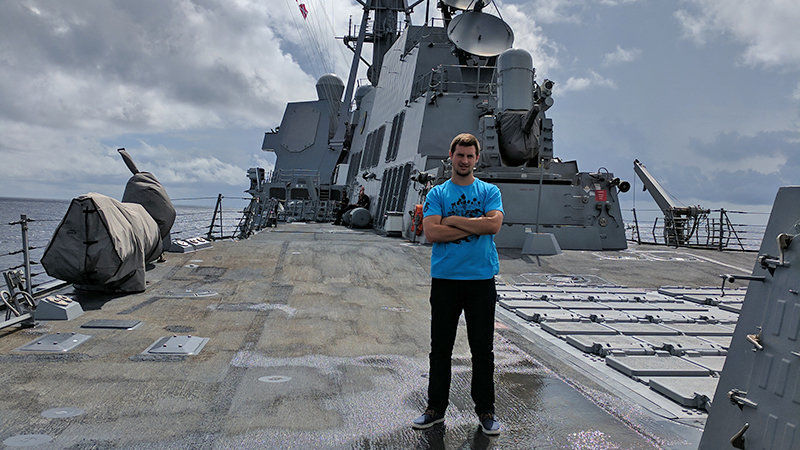
Using the skills he learned as part of the Sheetz Fellows program, EMET grad Steve Mullen landed a job with Lockheed Martin helping to develop the world’s first maritime ballistic missile defense system.
Steve Mullen graduated from Penn State in May 2016 with a bachelor of science in electro-mechanical engineering technology (EMET) and a minor in entrepreneurship. Mullen, who attend the Altoona campus, was the first EMET major to be inducted into the Sheetz Fellows Program.
Today, Mullen works for Lockheed Martin Corporation as a systems integration and test engineer. His job is to assist in the development of the Aegis Combat System, the world’s first maritime ballistic missile defense system. His day-to-day tasks vary significantly, but they include test report documentation, software development, and conducting engineering exercises as part of customer demonstration. He has traveled to all major Navy bases in the United States, working alongside Navy sailors and other government contractors. He’s also been involved in several at-sea test events, where, as a civilian ship rider, he assists the ship’s force in conducting a variety of tests.
Being the first EMET student to be inducted and graduate as a Sheetz Fellow was no easy task for Mullen, as he struggled to coordinate a rigorous engineering course load with Sheetz Fellows Program classes, projects, events, and servant leadership hours. He says time management was the key. His drive to succeed after graduation helped him stay motivated, and the opportunities available to him through Sheetz Fellows were invaluable.
Mullens says the Sheetz Fellows Program benefited him in a variety of ways, especially when it came to preparing him for the job interview process. During his time as a Sheetz Fellow, conversations with industry leaders from companies such as Altoona Pipe and Steel, Blair Companies, and Entrepreneurs In Residence had an impact on him and taught him how to handle himself in a professional manner. Knowing how employers think during the hiring process and knowing the right questions to ask were skills he learned as a Fellow, and he believes they helped him stand out from other candidates. "By far, my favorite part of the program was the exposure to local industry leaders. Having the opportunity to talk with them, ask them questions, and even work with them was so beneficial. That was crucial to my professional growth.” Mullins adds that weekly team meetings helped him stay on top of projects and working toward goals.
So what's ahead for Mullens? His five-year plan includes pursuing a master’s degree in computer engineering, possibly starting in 2019, and continuing to move up the technical leadership ladder at Lockheed Martin. “I’d like to continue working in the technical field for the next five to 10 years, working toward a more prominent leadership role. I really enjoy doing what I do, and I love the fact that my work challenges me every day. I’m always learning."
Mullens offers this advice to students: "There will be countless others with the same degree and qualifications as you when you graduate college, so do what you can now to stand out. Things like the Sheetz Fellows Program provide career development and mentor opportunities and open doors that just going to classes for your bachelor degree alone might not."
